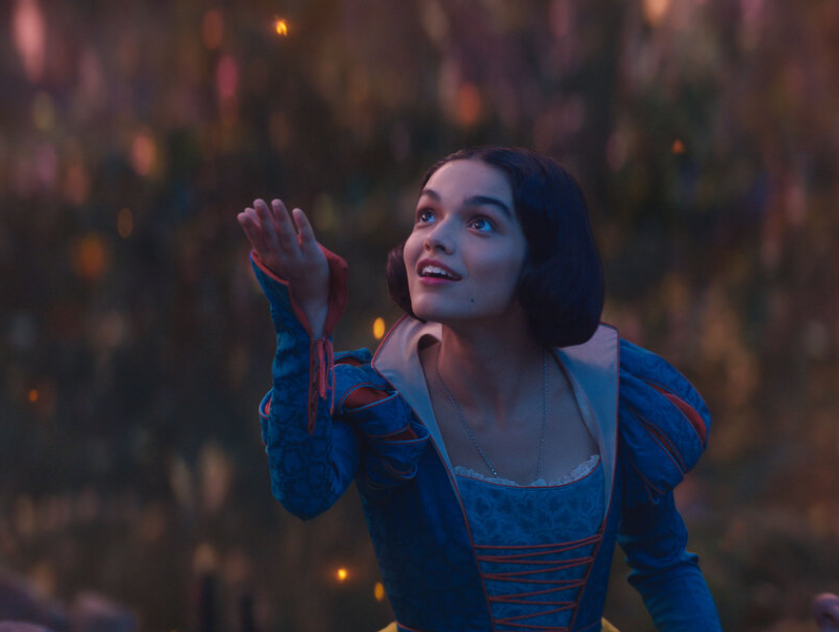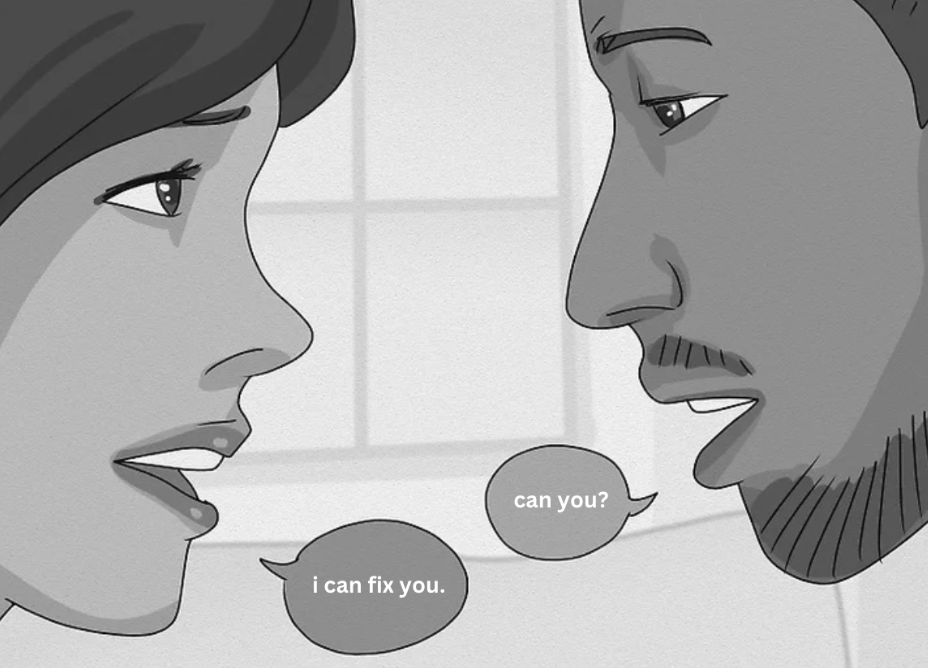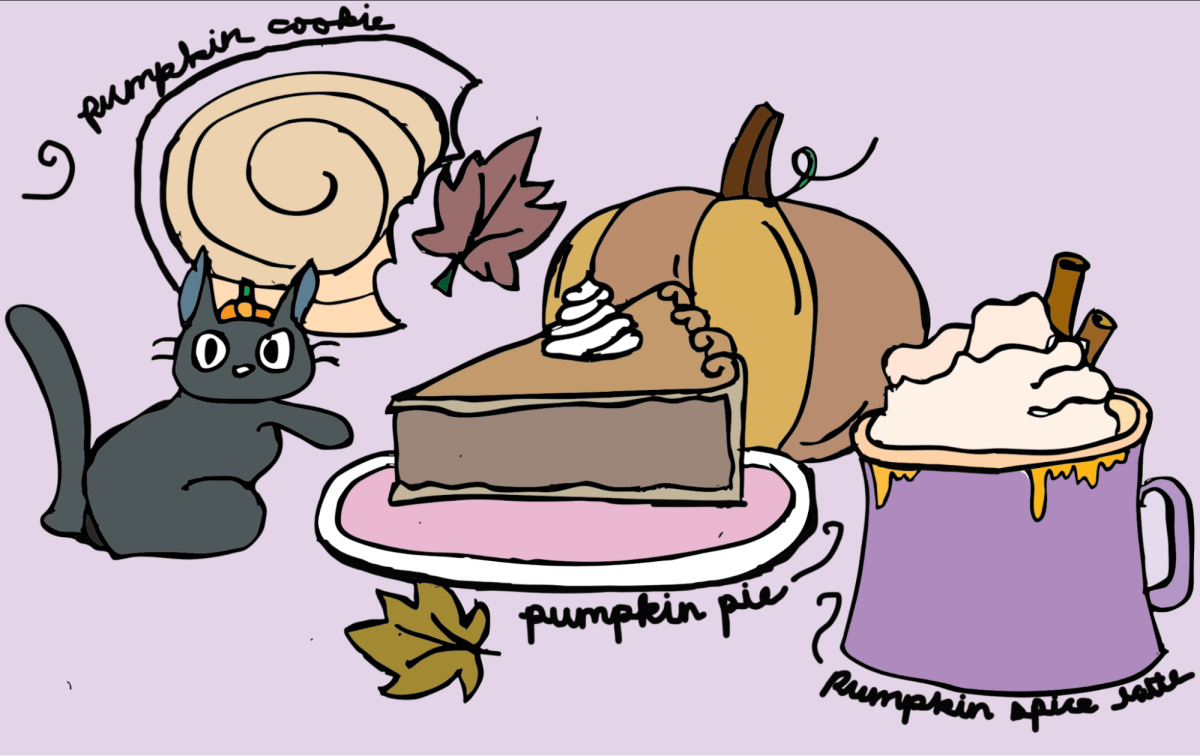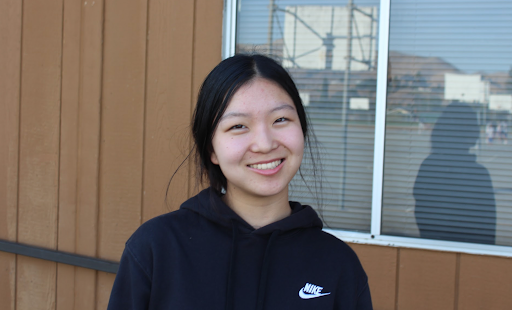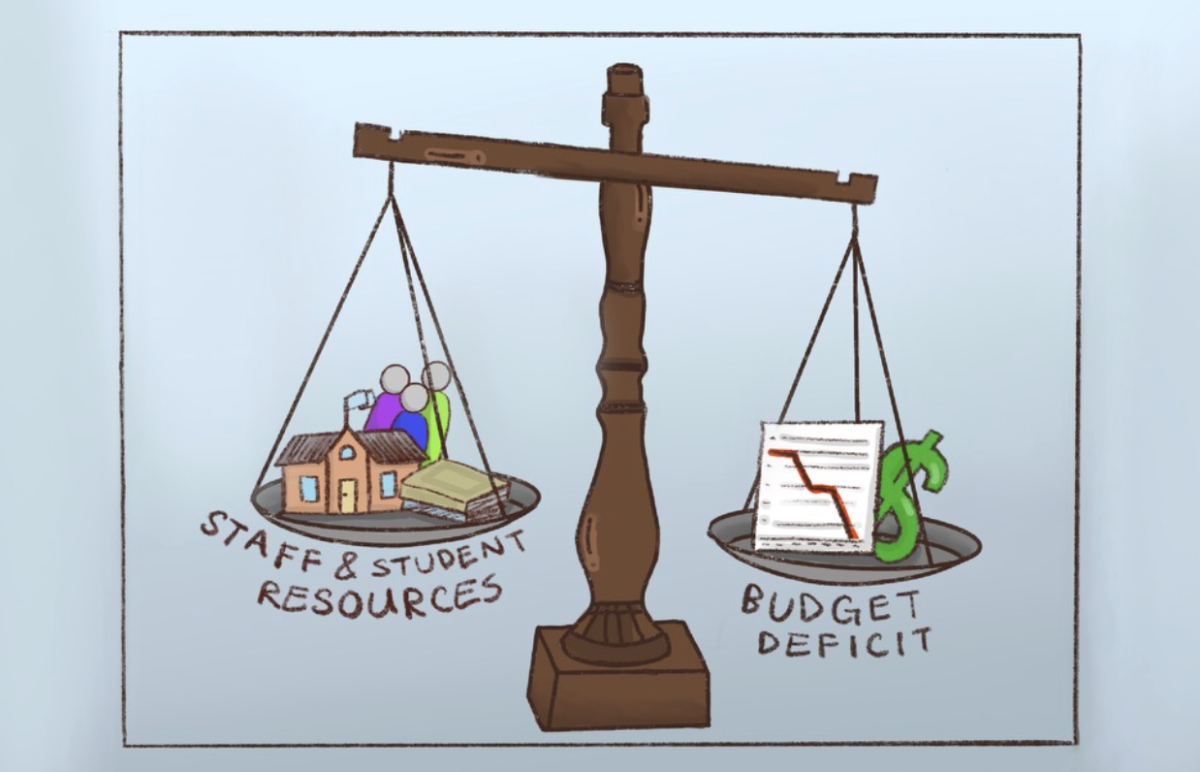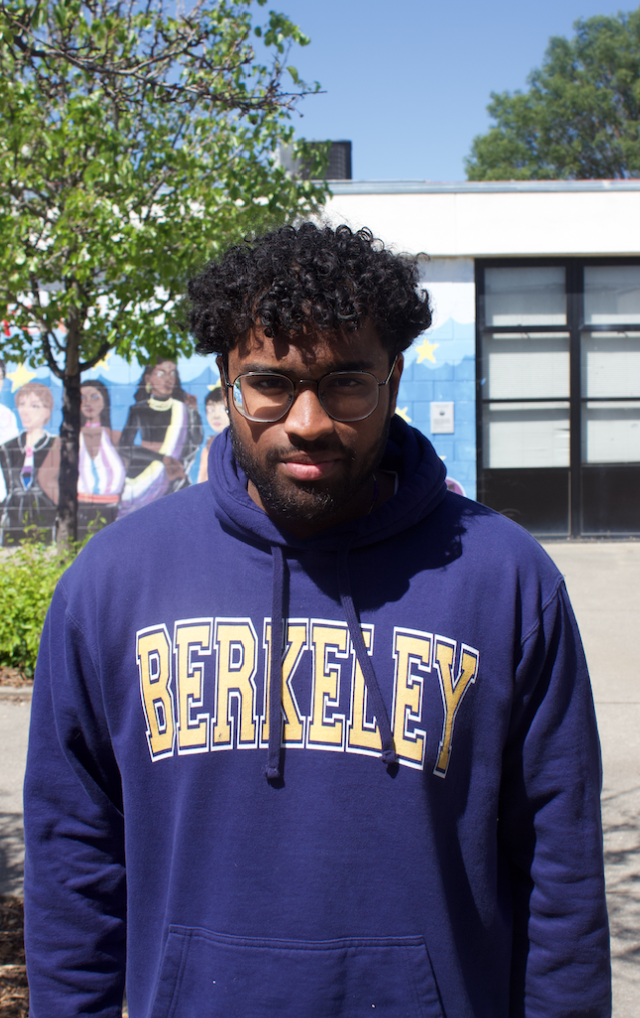A Disney Queen without a King?
Why it was wise to leave Frozen’s Elsa single and proud
By: Arya Sureshbabu
The fairytale ending. It’s a topic which elicits dreamy sighs from toddlers, teenagers, and adults alike as they envision for themselves a marvelous finale to a timeless story, a last page filled to the brim with a host of tearful reconciliations, a dash of witty humor, a pinch of morality, and liberal sprinklings of poetic justice. As pivotal as these literary and artistic conventions may seem to establishing the archetypical happily ever after, they have generally been viewed as mere flourishes, set up to embellish what many consider the defining aspect of a fairy tale’s resolution: the fulfilment of the quest to find true love. Trained as we are to believe that practically every story of magic and demons and angels should end with a romantic confession (“Rapunzel, you were my new dream!”) or a sudden realization as to the identity of the protagonist’s soul mate (the painfully awkward and embarrassingly goofy sidekick), it is not very surprising that quite a few fans have expressed disappointment that Elsa, one of the two leading ladies of Disney’s Frozen, turned out conspicuously single.
One argument that many such fans have raised is that Elsa needs a love interest in order to show audiences that her sometimes dangerous powers over ice and snow do not deny her the ability to love and to be loved—to be accepted for who she is. This point has been raised before, albeit in a slightly different context. When The Hunchback of Notre Dame ended with the titular hunchback Quasimodo single, fans raised fervent objections and levelled accusations against Disney for supposedly implying that physical deformities constituted an inability to be loved. However, what viewers need to understand is that neither Quasimodo nor Elsa needed romantic love in order to be accepted. All they needed was to come to terms with themselves and to understand that what they considered their limitations did not necessarily define them in a negative way.
In other words, just as Quasimodo proved to himself through his loving heart that a book cannot be judged by its cover, Elsa proved to herself that her powers over ice were not indicative of some evil within her when she realized that she was not a monster. Elsa did not need a knight in shining armor to tell her she was worth something—she figured it out on her own, thus placing the power to define herself very firmly in her own icy hands.
The beauty and strength of Elsa’s ordeal stems from the fact that she faced her obstacles and battled out her demons alone. Her fierce independence is both inspiring and frightening, but above all, it is empowering. Her individualism gives the audience the idea that even if you are on your own, you have just as much a right and an ability to forge on ahead as does anybody else. Is Elsa against falling in love? Of course not. But she does not need that romance to be a major part of her life because she understands that there are other characteristics which define her.
And that is exactly the message that Disney is driving at. In the end, it should be up to you whether you reign solo or go for a companion. After all, it is your fairytale ending.



